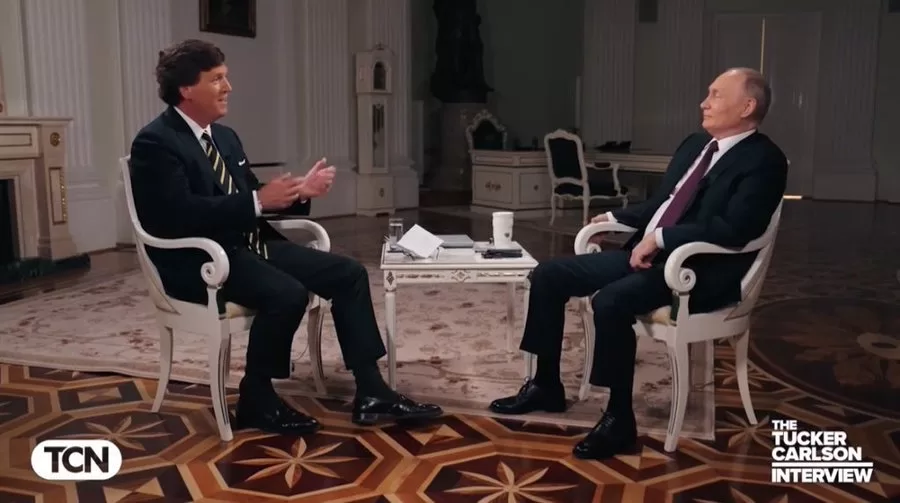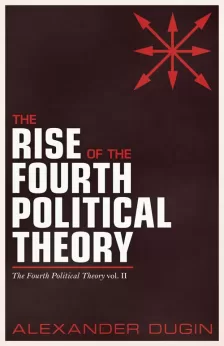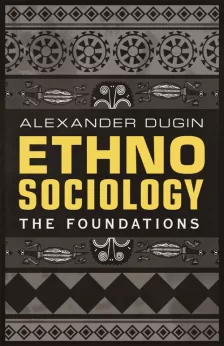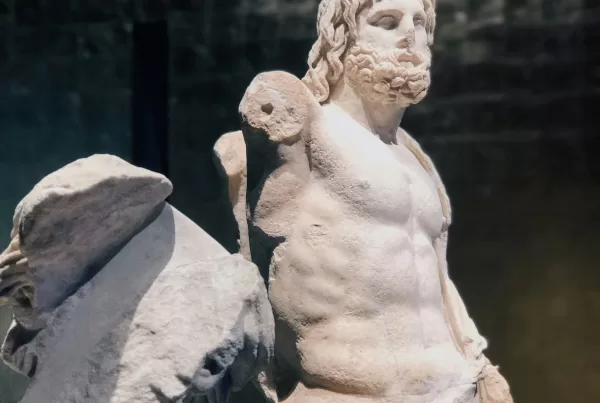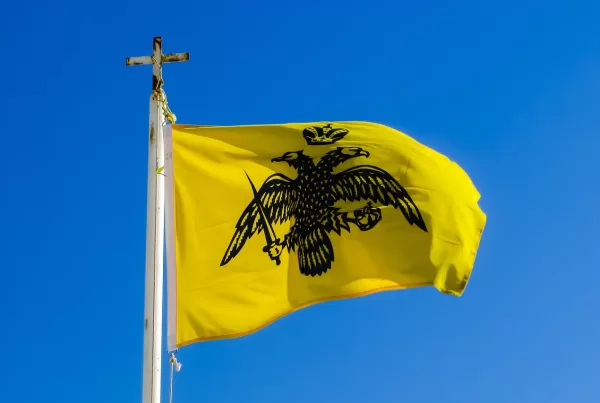Finally, the moment everyone was waiting for has come. For all the vilification of Tucker Carlson for even daring to do this interview, the way the hypocritical curs of the Western media had live updates of every moment of this conversation was a sight to behold.
So, what is it we received? The cut and thrust of a combative interview or a carefully curated charade with questions that would put Russia in the best possible light?
Well, we got neither. What we got was Tucker creating an environment in which President Putin opened up in a way that has not been seen for quite a while, showcasing his eloquence and ability to speak coherently and concisely on a wide range of subjects.
The history lesson at the beginning might not have made for captivating viewing for some, especially in a world with a 10-minute attention span, but for careful listeners, it was an outline of the way history is seen in Russia. Notably, even though some might disagree with the analysis of the events, all that the President said was based on objective fact.
This interview offered Putin a pulpit from which he could explain his entire worldview at length, something vitally important for those both for and against Russia under current conditions.
One of the root causes of the way that events transpired, according to Putin, is the refusal of the West to treat Russia as a partner that had interests that needed to be respected. He constantly reiterated Russia’s desire to actually take part in a collective missile defense agreement against unpredictable actors in the Middle East and other unstable regions, as well as its openness to join the Western ideological and economic ecosystem. Another interesting view was his observation that the Presidents of the USA often came across as quite agreeable to cooperation, but all of these plans were interfered with by the intelligence community.
The reminders of what had actually happened before being obscured by the magnitude of current events continued. Everyone seems to have forgotten the rather undemocratic rigmarole of the Orange Revolution in 2008 when the election was recounted three times to rob President Yanukovich of his victory.
Putin also reminded everyone of what had actually transpired during the Maidan in 2014. Yanukovich was practically guaranteed to be ousted in an election, which he agreed to call, but the events were forced at the behest of the USA and its Western allies. This was the very definition of a coup, followed by the killings of journalists and the “lustration” of government officials and any media that dared to have a conflicting opinion.
The President also explained that in the eyes of Russia, the war that was started in 2014 was still continuing, so the events of 2022 were an attempt to end it. The similarity in terminology used by the two sides with an “Anti-Terrorist Operation” and a “Special Military Operation” was always striking. One of the reasons that both sides might be loathe to use the term “war,” and especially a “civil war,” are the memories of the fall of the Russian Empire and the terrible events of the Second World War. Which is what this is, a civil war between two factions of the people of Rus.
The pullback from Kiev was also mentioned as part of a peace agreement that was almost signed between the two sides and even included provisions for the restriction of extreme nationalist ideologies. However, the West managed to persuade Ukraine to continue the escalation with promises of total support from Boris Johnson.
It was surprising that the President did not actually explain the real issue behind “denazification” and that the term was oversimplified. The comparison of Banderism to Nazism was a misnomer, as the ideology was actually more virulent than that of the German National Socialists, so chauvinist that they committed genocide against fellow Slavic people in Poland. The “other” for the Banderists was non-Ukrainians, including people who were practically genetically identical to them.
One thing that must be said about the entire situation is that, paradoxically, the Ukrainians will have an absolute victory as a people, whichever way things develop. Whichever part may become part of Russia and the part which remains a subject of the West will both have an enormous investment in a “quality of life” race and an attempt to win over their populations to their suzerains. The loss of sovereignty will be compensated with huge improvements to their quality of life.
The refusal by Putin to reveal what was said to him by Joe Biden was quite an interesting move, as it put it to Tucker Carlson to ask Biden these questions, something which would obviously not be allowed to happen and challenging the free speech and openness narrative of the West.
It is interesting how the fate of Evan Gershkovich has been discussed, and no mention was made of Gonzalo Lira, another American journalist, but one who was imprisoned by the Ukrainian side. Somehow, after a year in a Russian prison, Gershkovich is fine and well, while Lira sadly passed away because of the horrific conditions he was placed in. Another difference was also that Gershkovich carried out what was proven to be espionage, while Lira just offered political commentary inimical to the Ukrainian government.
The discussion of the world being divided into two spheres of energy, which was cheap and not cheap, was actually one of the most vitally important parts of this conversation. It is energy that is the driver of everything now, especially because computers and the storage of data require vast amounts, and the powering of hardware that could host AIs will require ever more significant amounts of it. Electrical power is now equated with political power, which is something that is beyond important to understand.
While much has been said by analysts around the world about China being a threat to the USA and especially Russia, Putin gave an interesting and well-reasoned answer to Tucker asking about his view of the world being dominated by a less sentimental colonial power. It is actually a fact that China and Russia have been side by side for centuries and had a long history of peaceful coexistence, even though China’s population has always vastly outnumbered that of Russia, and both countries have been in numerous vulnerable positions.
In conclusion, this was a momentous occasion where the world was practically forced to hear out the Russian view of the current situation, uncensored and without any extraneous commentary from biased media on either side that would dilute it in any way. Tucker Carlson also asked extremely pointed questions and cannot be accused of shying away from anything that a representative of the usual hostile Western media would ask. This is exactly what the modern world needs more of — unabridged and raw facts, stated honestly and without polished set pieces.
There is a new dawn coming to this world, and as President Putin said, “You cannot prevent the sun from rising; you have to adapt to it.”
Be True to Yourself! 💪
